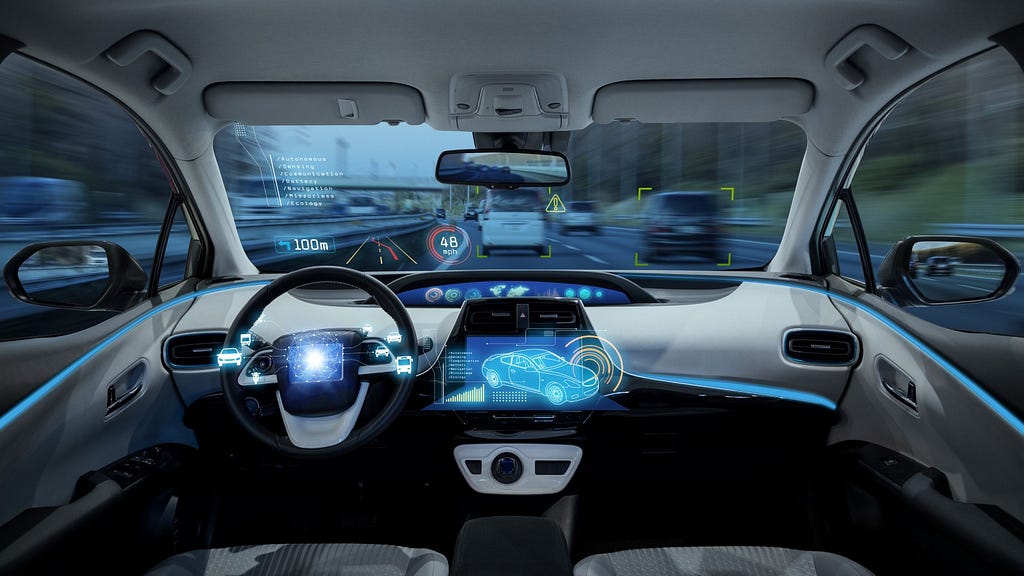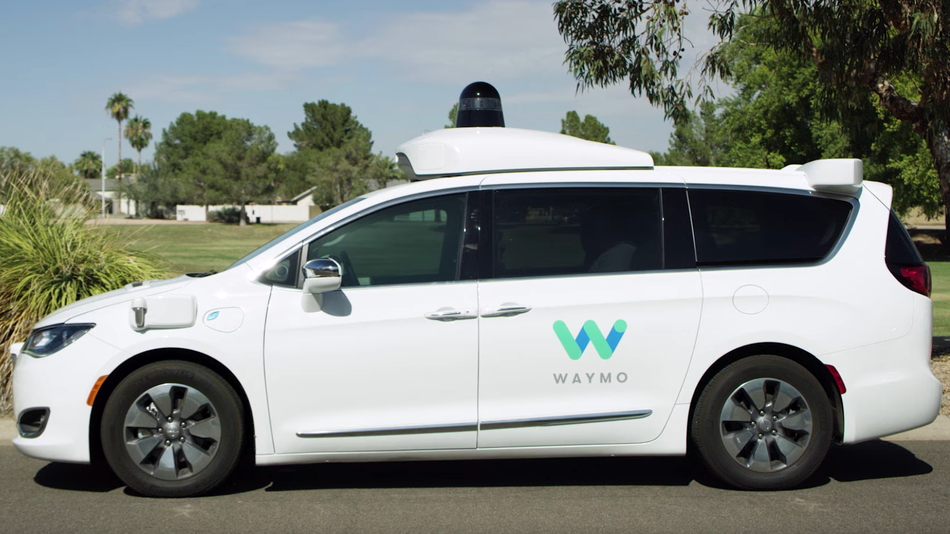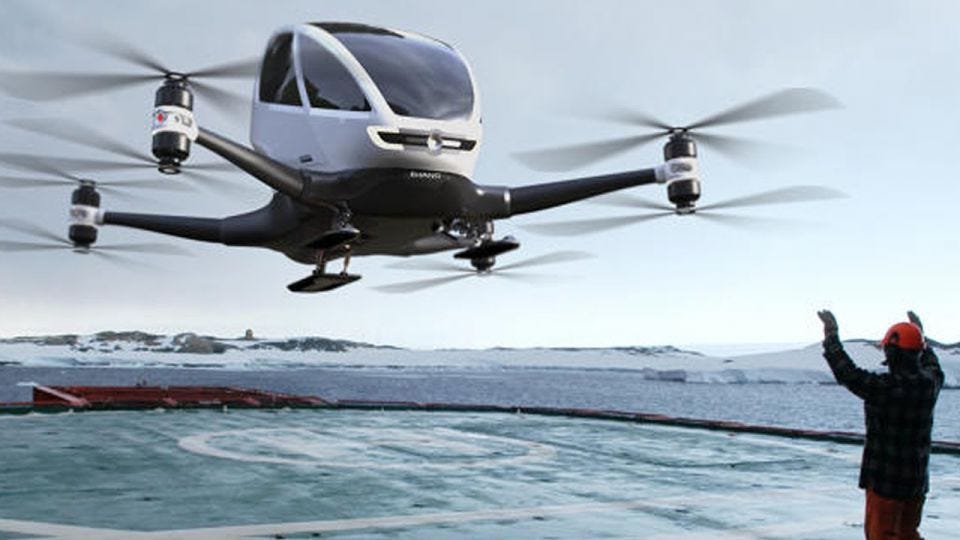Latest news about Bitcoin and all cryptocurrencies. Your daily crypto news habit.

AI is disrupting many industries, and its impact could be felt across the transport sector. The automotive industry has begun applying artificial intelligence in critical tasks such as self-driving cars, traffic management, etc. where safety and reliability is a major concern. Even though the technology is not being implemented on a wide scale, but it feels like the future of transportation is here. From Tesla’s Autonomous Semi Truck to self-organizing fleets, AI has shown promising results in this domain.
Industry leaders are focusing on the optimization of self-driving technology, and they are investing a lot of money on AI. Uber has raised $1 billion for self-driving car units. Google is also working on the development of autonomous cars for quite a while now. And there are many more examples of AI being deployed in the automotive industry. Here’s an overview of how AI will revolutionize the transport industry:
Self-Driving Cars
Self-driving cars are no longer a dream. It is predicted that there will be 10 million self-driving cars on the road by 2020. Companies like Tesla, Mercedes, BMW have released, or are set to release autonomous cars. Tesla promises to bring level-5 autonomy (fully autonomous cars) by the end of 2020. Waymo’s driverless robot-taxis have already been launched in America all thanks to machine learning and AI.
The world has seen so much advancement in recent years. The time is not far when all the traditional cars will be replaced by driverless cars.
Traffic Management
With the help of machine learning, AI systems can predict and prevent traffic jams. AI algorithms have been developed which could beat the world’s worst traffic jams. Traffic congestion cost $87 billion to Americans in 2018. AI could allow streamlined traffic flow and will reduce congestion. Smart traffic light systems can manage the traffic more efficiently which can save a lot of money. With artificial intelligence in place, you are less likely to get stuck in a traffic jam. Also, AI can process complex data and suggest the best route to the drivers.
Driverless Buses
AI is poised to disrupt public transport. Driverless buses can be seen in the streets of Europe. The world’s first driverless bus was introduced in the French city of Lyon back in 2016, and there has been great progress ever since. In 2018, Stockholm also introduced driverless buses which could travel at 20 mph. Using sensors, cameras, GPS technology, and AI, these buses are capable of carrying passengers to their destination. Germany has also introduced an amphibious bus which is one of a kind. So, the next time you’re confused about taking a boat trip with the family, or you want to rent a bus in Germany, you might as well go for an amphibious bus which is a combination of both. It’s only a matter of time before driverless buses become mainstream too.
Flying Drone Taxis
While companies like Amazon are thinking about staring drone delivery for its customers, we might as well witness drone taxis in the coming future. In 2017, Dubai’s drone taxi took its maiden flight. Uber has also signed a contract with NASA to develop a flying taxi software. Boeing is also working on a similar kind of project. With flying taxis, you can avoid traffic and reach your destination in no time. And commute will be much more fun with flying taxis.
Digital Number Plates
Even something as simple as a number plate is likely to be affected by artificial intelligence. Dubai is planning to launch smart vehicle number plates with digital screens, GPS, and transmitters. These plates will inform emergency services in the event of an accident. Also, these plates can connect to your bank accounts and pay for your parking fine. The technology also allows real-time communication with other drivers and will help them a lot. The US is also planning to introduce smart number plates to the vehicles.
Flights Delay Prediction
Flight delay alerts are very helpful if the airlines notify you in a timely manner. To be honest, airlines are often late to notify you about the delays. AI can help solve this problem. Tech giant Google is already using AI to predict flight delays even before the airlines. Google Flights uses historic flight data and machine learning to forecast delays. You will only be notified if Google Flights is at least 80 percent confident about its guess. It will also tell you about what benefits are included in a particular ticket. In the future, we can expect AI to predict delays with 100 percent accuracy.
Crewless Cargo Ships
AI is used to create crewless cargo ships for safely transporting cargo. Rolls Royce has partnered with Google to create autonomous ships that will do the job. It will be introduced in 2020. The idea is to replace the jobs of 20 plus crew members and let the ship take care of all the tasks. These ships will have sensors that will track ship engine performance. Loading and unloading of the cargo will also be done without a human workforce. The technology will make shipments faster, and ships will not get lost in bad weather, storms, etc.
We can say for sure that the transport industry will be dominated by artificial intelligence in the coming future. It’ll be interesting to see what this technology brings in the next few years.
Examples of AI Implementation in Transport was originally published in Hacker Noon on Medium, where people are continuing the conversation by highlighting and responding to this story.
Disclaimer
The views and opinions expressed in this article are solely those of the authors and do not reflect the views of Bitcoin Insider. Every investment and trading move involves risk - this is especially true for cryptocurrencies given their volatility. We strongly advise our readers to conduct their own research when making a decision.

